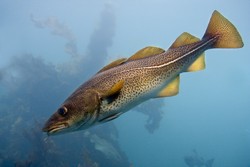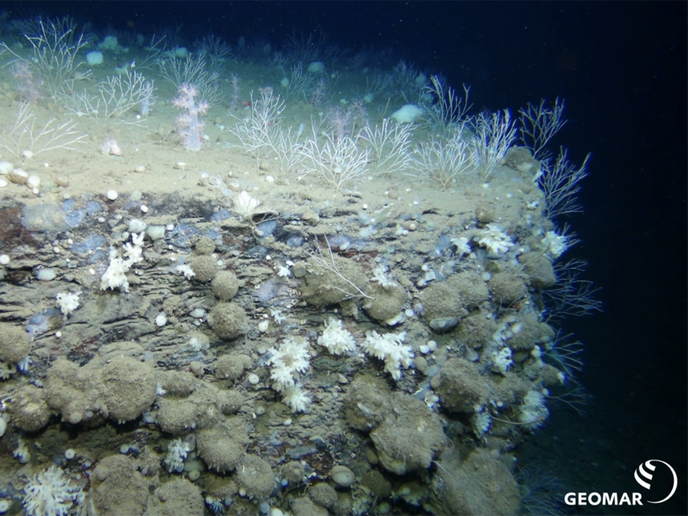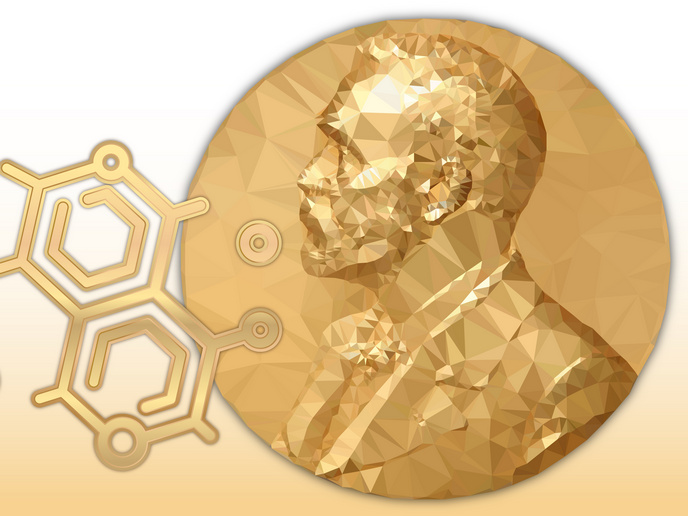Cod personalities unrevealed
Consumer fish have personality traits that can fuel evolution of behavioural and correlated traits if they are selectively harvested. How these patterns operate in nature (i.e. in wild fish) is however not clear. The EU-funded BE-FISH (Pace of life syndromes in fish: Harvesting effects and the role of marine reserves) initiative set out to explore how behavioural, life history and physiological traits are correlated in wild fish. The researchers measured the impact of human harvesting activities and marine reserves on the personalities of fish. BE-FISH was interested in individual behavioural differences among individuals, both in captivity and in the wild. In captivity, behaviour was measured through repeated behavioural assays in tanks. In the wild, behaviour of those same individuals was tracked using acoustic telemetry. Each fish was further sampled for life-history traits. Researchers found that cod can be assessed for personality traits like boldness, exploration and aggressiveness using standard assays normally used with small model species. They also showed that personality scores correlated such that reactive fish are shy, a little explorer and a little aggressive, whereas proactive fish are the opposite. The team found that fish personality determines how a fish responds to temperature and survival in the wild. In general, proactive fish do not change their activity as water warms up, but reactive fish do – which leads to proactive fish having a lower survival rate. Project results increase awareness about the potential for fisheries-induced evolution on the behavioural traits and its eco-evolutionary consequences.
Keywords
Fish, harvesting, physiology, fish personality, BE-FISH, marine reserves, cod







